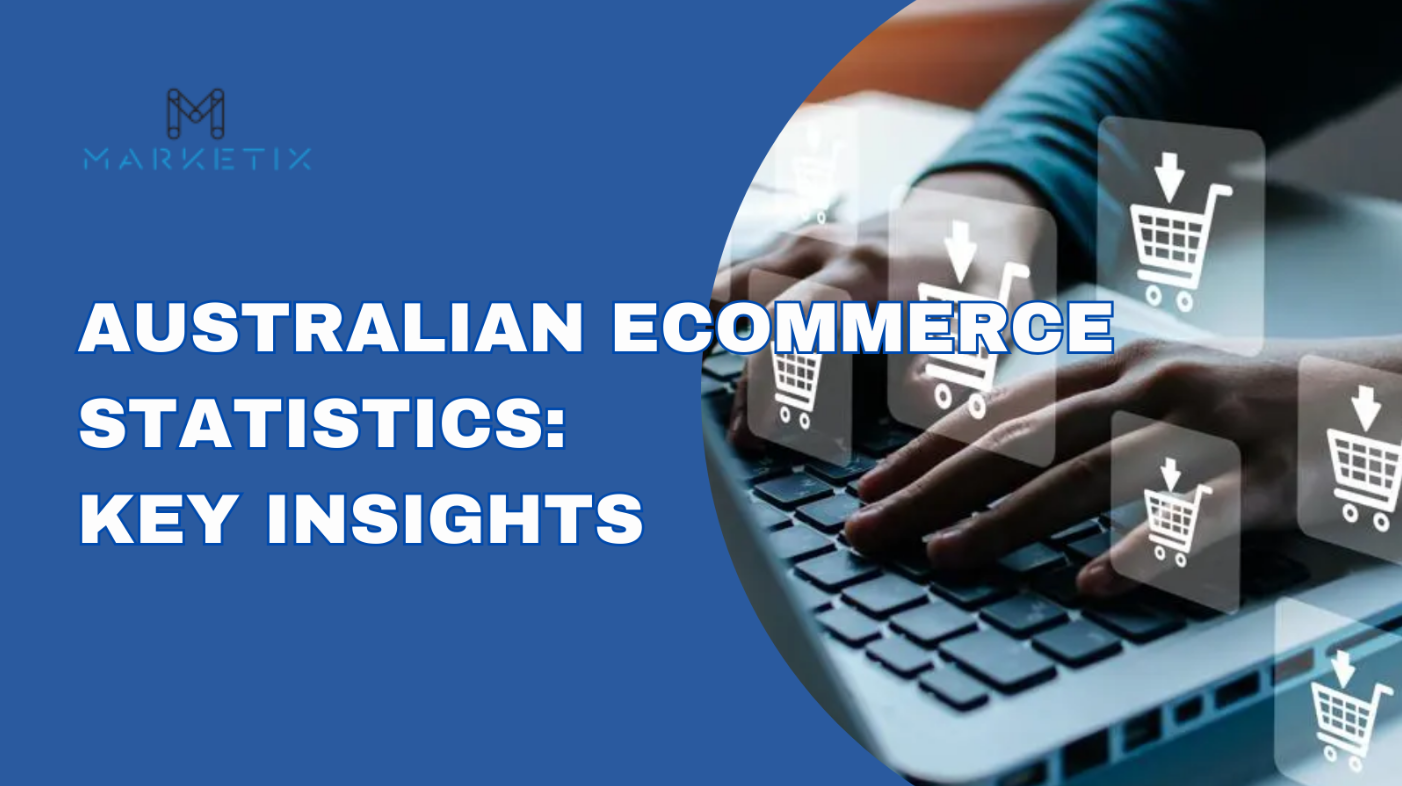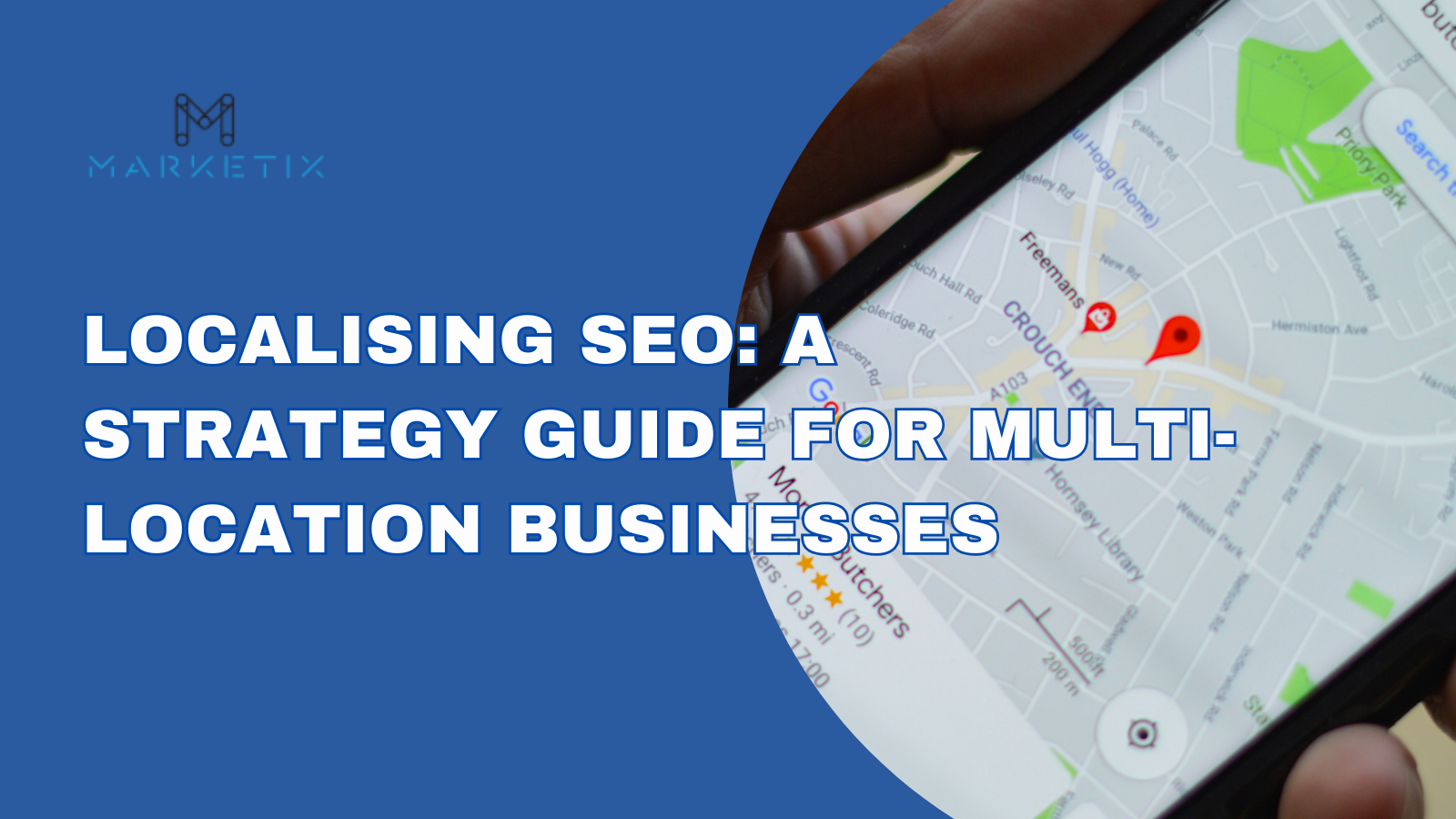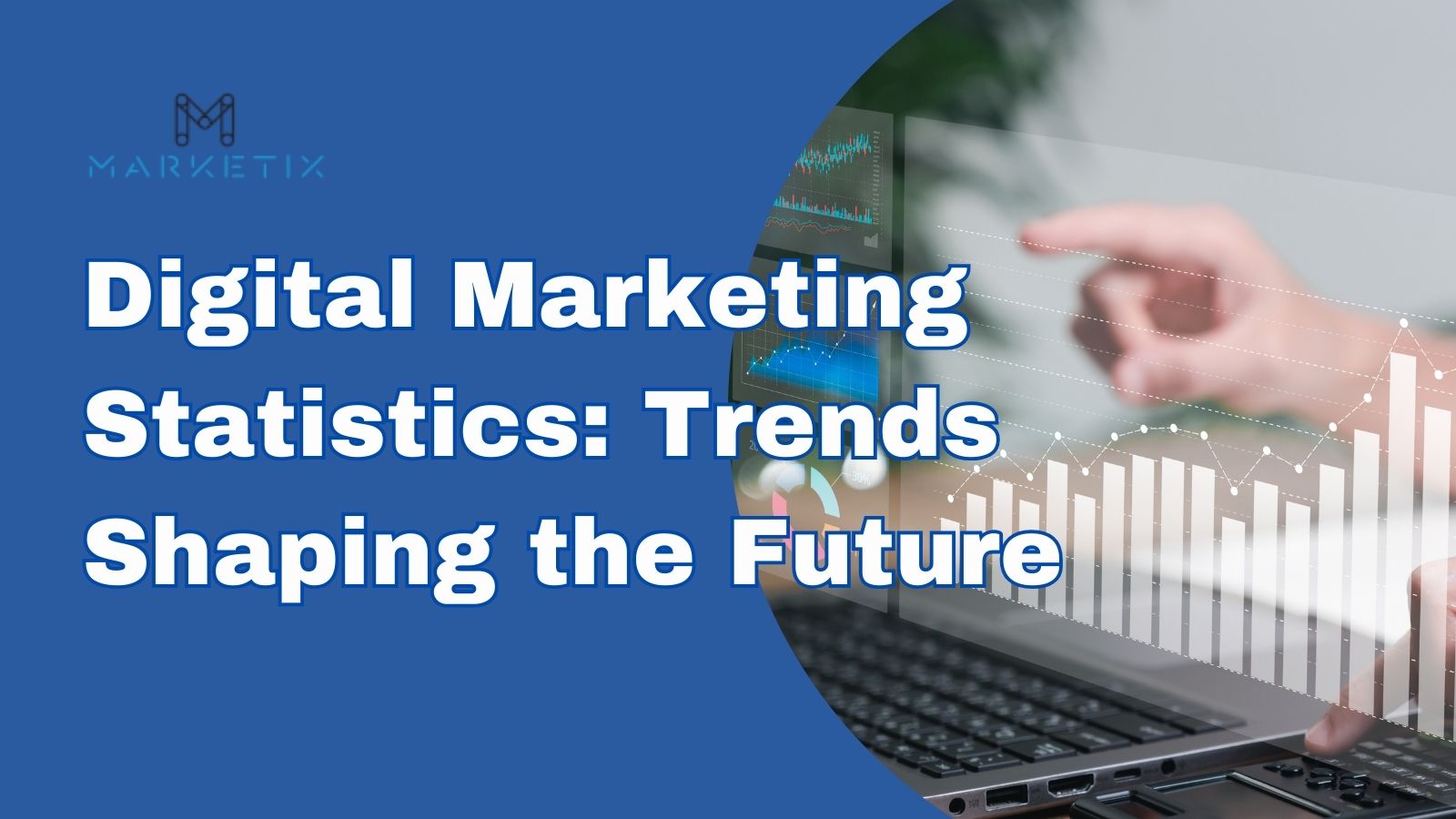- Home
- > The Marketix Blog
- > SEO
Enterprise SEO Statistics: What the Data Tells Us?
Enterprise-level companies are increasingly relying on effective search engine optimisation (SEO) tactics to outpace competitors and capture consumer attention.
A recent survey of global professionals indicates that 57% believe quality content creation is paramount in their SEO strategies, underscoring its effectiveness across various industries.
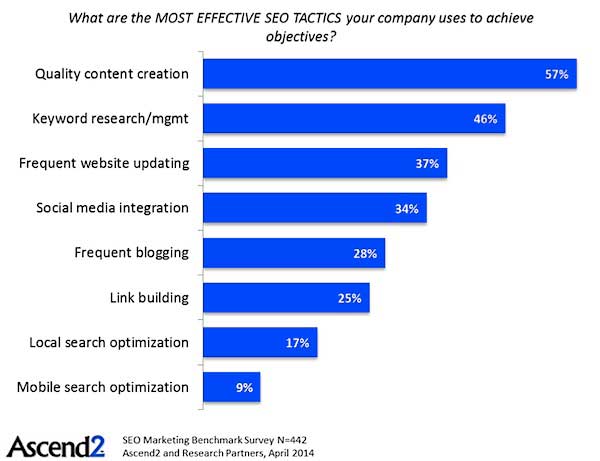
Outsourcing Trends and Investment in SEO
In the wake of the pandemic, there was a noticeable pullback in outsourcing among large companies. However, recent data shows a resurgence in this trend.
Currently, 75% of large enterprises outsource their SEO tasks, up from 71% in 2019, suggesting a strategic pivot back to external expertise amidst ongoing global challenges.
Financial commitment to SEO is more robust than ever, with 49% of enterprises now investing over $20,000 monthly on B2B SEO efforts. This investment is paralleled by a diligent approach to maintaining SEO health, as the same percentage of digital marketers conduct monthly B2B SEO audits to ensure optimal performance.
SEO vs. PPC: Effectiveness
When delving into the effectiveness of search engine optimisation (SEO) compared to pay-per-click (PPC) advertising, it becomes apparent that each strategy holds distinct advantages depending on the desired outcomes and the context of the marketing campaign.
Organic search, known for its long-term benefits and credibility, boasts a notable conversion rate of 14.6%. This indicates that a higher percentage of users who click on organic search results end up performing the desired action, whether it's making a purchase, signing up for a newsletter, or completing a contact form.
Content Production and Management
Video content production is on the rise among businesses of all sizes, with large corporations producing an average of 118 videos in 2023, demonstrating the growing importance of multimedia in content strategies.
Furthermore, in large companies, half of the B2B marketers report that content requests are managed by a centralised team, highlighting the structured approach to content governance. Additionally, 70% of marketers reveal that their company measures content marketing ROI, emphasising the strategic importance of tracking and understanding the impact of content-related investments.
The Role of AI and Advanced Analytics
With the advent of artificial intelligence (AI), 34% of companies have integrated AI into their operations, and an additional 42% are exploring its capabilities, looking to leverage AI for enhanced decision-making and operational efficiency.
Taking the Challenges and the Shift Towards Zero-Click Searches
Despite these advancements, challenges persist. Scaling remains a significant hurdle, particularly for large websites. According to Statista, scaling is considered the third-biggest challenge in SEO, affecting 11.9% of companies. This challenge becomes even more critical for extensive websites where managing and optimizing vast amounts of content can be daunting.
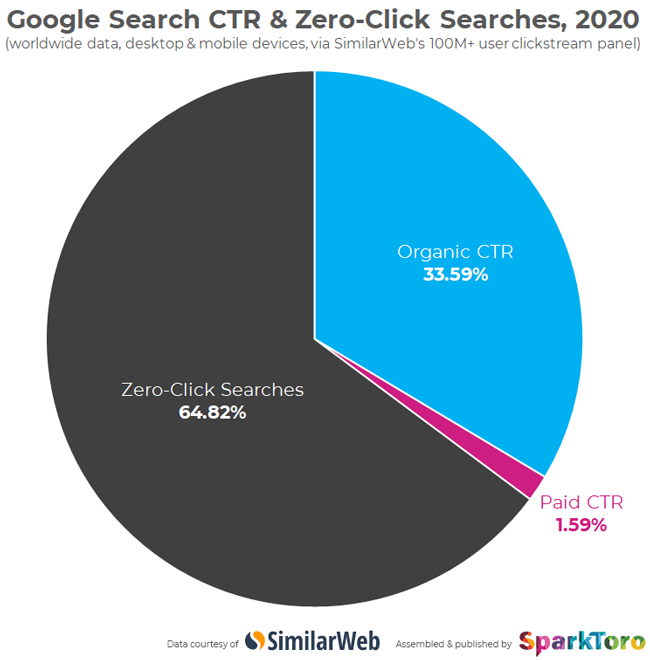
Additionally, the rise of zero-click searches, where 64.82% of searches on Google did not result in a click to another webpage in 2020, poses a unique challenge to driving traffic and engaging users.
Conclusion
As the data illustrates, while the path to effective SEO is fraught with challenges, the strategic use of outsourcing, commitment to regular audits, and adoption of new technologies such as AI are shaping the future of enterprise SEO.
Companies that adapt to these changes and invest wisely in their SEO strategies can expect to see significant returns and strengthened market positions.
Recent Posts
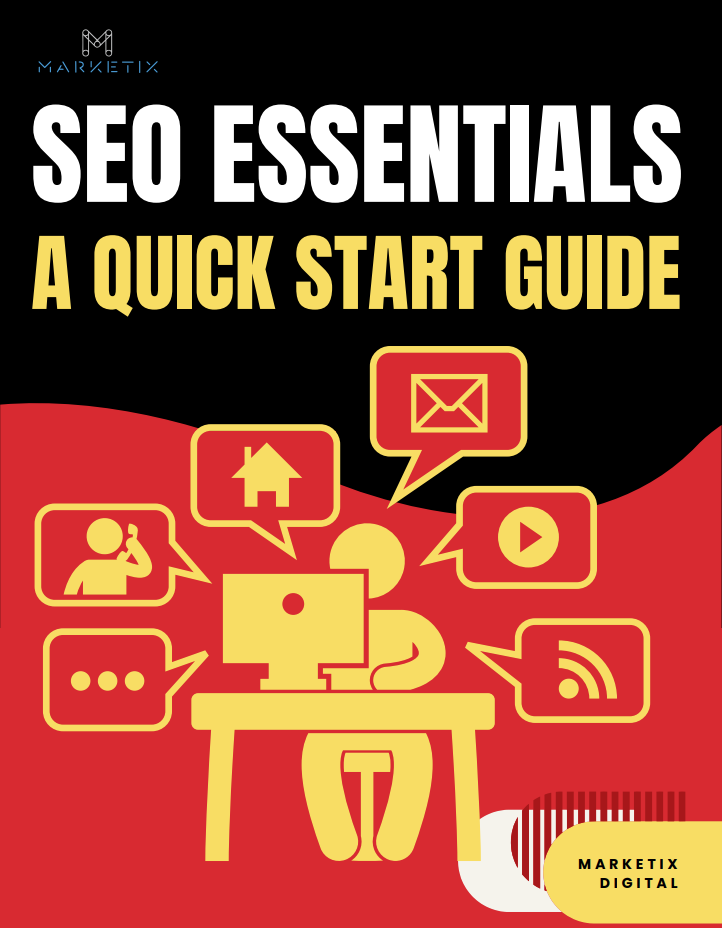
Free Download SEO Book
Download our 24-page SEO book to learn:
- How SEO Really Works
- How to Rank #1
- Content & SEO
- Choosing an SEO Agency
Thank you!
You have successfully joined our subscriber list.
Recent Posts

